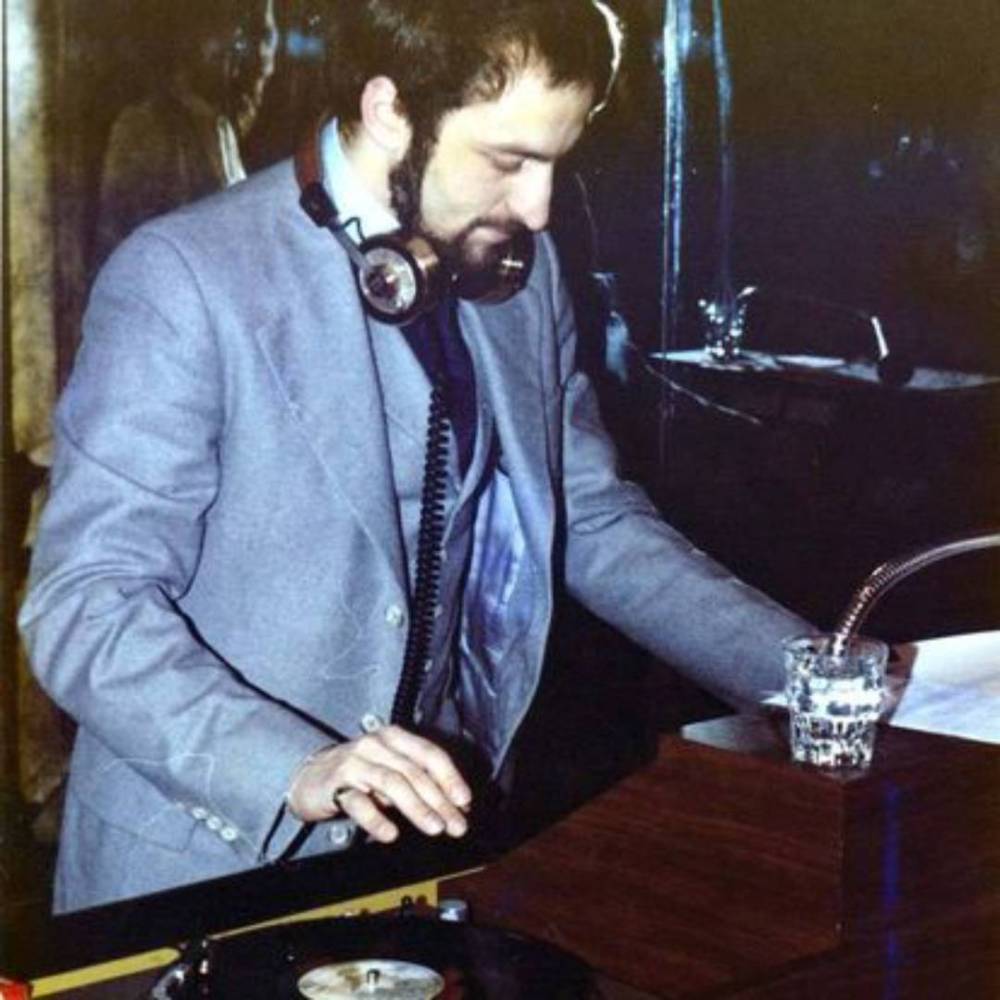Image via John Luongo
Jack Riedy has said it before and he’ll say it again: Beach Bunny >>>> Rolling Stones.
I was only half-right when I thought I spotted an unheard Sly Stone album in the bins at the Reckless Records in Wicker Park. I had become a fan of Sly working backwards through Prince’s influences, but unlike the Purple One’s seemingly bottomless vaults, Sly was going on four decades of radio silence. Ten Years Too Soon was not a lost work by Sly himself, but instead was a 1979 remix compilation conceived by Epic Records to revitalize interest in Stone’s catalog via the disco craze while the artist was signed to another label.
The album’s thesis is self-evident from the first track. “Dance to the Music” opens with iconic gang vocals from Sly and the Family Stone that give way to anachronistic synth drums. “Everyday People” boasts grimy guitars, adding a dash of Bowery cool to the Bay Area utopia. “Family Affair” is remade as a proto-house track, Sly’s murmured vocals are buried under whirring drum loops. Beyond those, there are few dramatic changes, mostly extending the tracks and adding claps and sixteenth-note hi-hats to play better on dancefloors. But those changes mark the Ten Years Too Soon tracks as a product of their time, just as the Family Stone’s brass stabs and organ swirls scream late ‘60s.
The compilation received negative reviews from critics like Robert Christgau and Dave Marsh, put off by the label’s attempt at cashing in on unauthorized updates to Stone’s work (and perhaps weary of the disco “fad” just a few months after Disco Demolition Night.) In his memoir published last fall, Stone wrote “A month after [1979 Warner Bros. album] Back on the Right Track [Epic] released a record called Ten Years Too Soon, which had disco versions of old hits, remixes designed for the dance floor. Disco was bigger than ever that year, which took some of the air out of the sails (and sales) of the new record.”
Disco has been resilient as a sound and a communal ideal, including a post-pandemic resurgence in pop music. John Luongo is a true believer. The Ten Years Too Soon remixes were born of reverence, like the hundreds of other tracks he completed in his career. “I was always respectful,” he said. “All my records sound like the person that I worked on could have actually recorded it that way.”
Luongo was born in the post-war baby boom in Boston and raised in a nearby suburb. He became a key player in the rise of disco and dance club culture through his DJ sets, as well as the music magazine Nightfall and Boston record pool that he founded. Luongo DJed on the air for Northeastern University’s WNEU, MIT’s WTBS, and WBOS, and at clubs like Whimsey’s and The Rhinoceros in Boston andnd legendary New York clubs Studio 54 and Paradise Garage. He was contemporaries with Larry Levan, Jellybean Benitez, and Arthur Baker, the latter praised Luongo as “technically the best DJ I ever saw.”
Luongo transitioned to the studio as an engineer and producer. Working with reels of tape, he created some of the original remixes, beefing up the rhythm section, looping breakdowns, and layering in sirens and other sound effects based on his experience watching crowds react to his sets. He coined the term “additional production” to cover his work, and he claims to have done the most remixes ever second only to Tom Moulton. Often working under strict label deadlines, Loungo remixed Gladys Knight and the Pips, KC and the Sunshine Band, Patti LaBelle, Santana, Queen, Cheap Trick, Barbra Streisand and more, in addition to unreleased tracks like a Prince remix featuring Big Daddy Kane.
As he tells it, he scored his first DJ gig by volunteering his services despite zero experience, and in conversation it was clear that sense of hustle never left. At one point he busted my balls about the pressure of turning a song into a hit in three days in contrast to my day job in marketing. He was prone to exaggerating his chart placements and just as quick to dispense advice about longevity in the music industry: make yourself useful, do your best, say yes to every opportunity, as he had worked in A&R, artist management, royalty recovery, and licensing.
It’s easier than ever to revisit Luongo’s work. Ten Years Too Soon was recently added to streaming, and he has curated two separate compilations: the digital The Essential John Luongo and the physical Dance Masters box set. I spoke to John Luongo by phone late last year about reworking Family Stone classics, inspiring Off the Wall, almost signing Madonna, and more.
(This interview has been condensed and lightly edited for clarity.)

